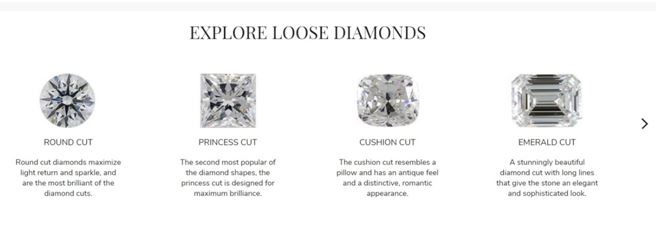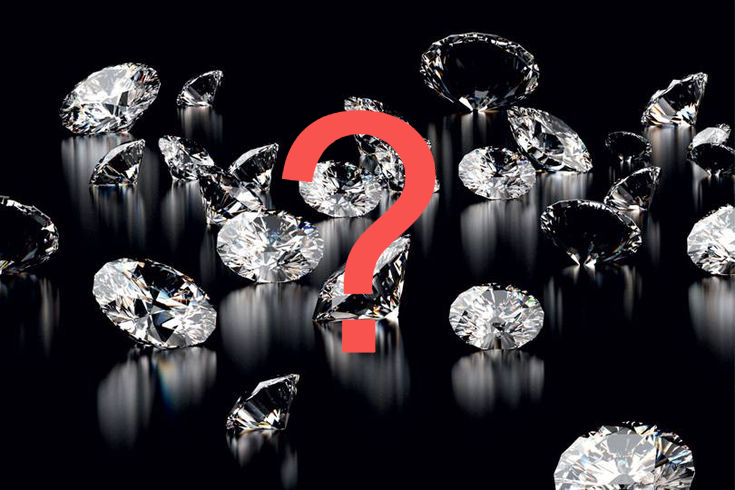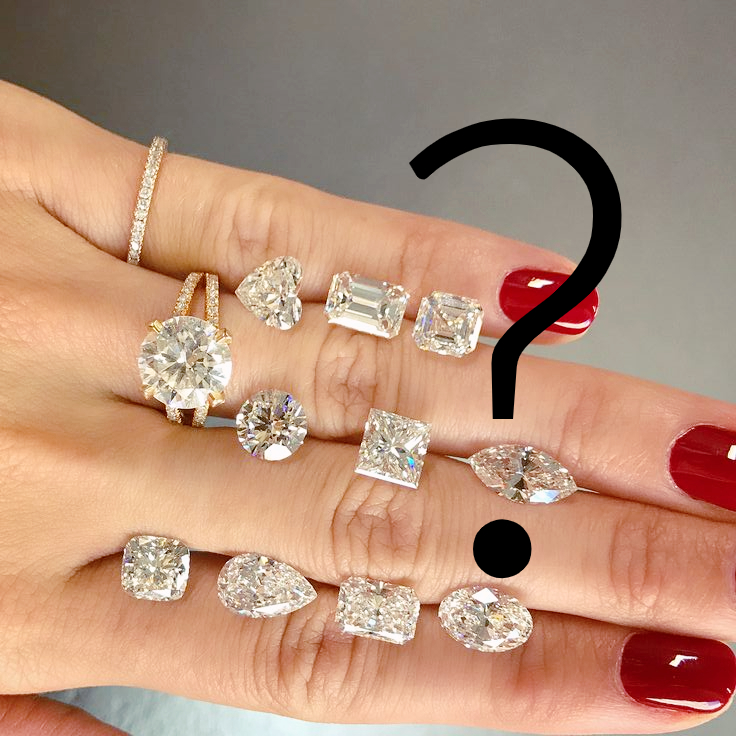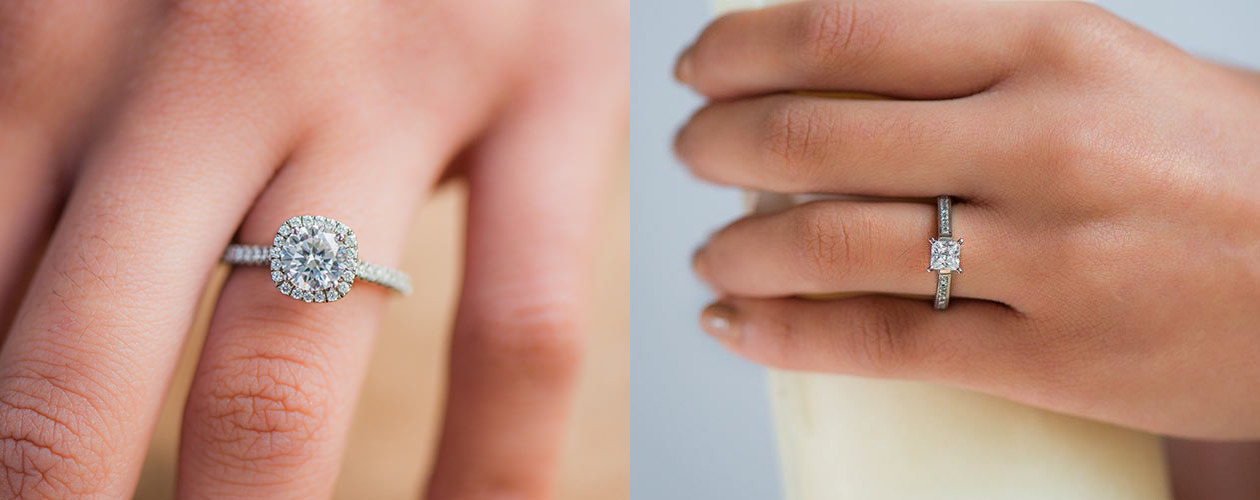The allure of diamonds, often dubbed “a girl’s best friend,” is eternal. From the depths of Earth’s mantle to the plush velvet boxes of high-end boutiques, their journey is steeped in tales of desire and luxury. However, is there a specific day when buying these luminous gems is more advantageous? Does the diamond market, like other commodities, fluctuate based on days or seasons? Let’s delve deep into this sparkling query, aided by insights from industry experts.

Mythology & Traditions: Days Considered Auspicious
In many cultures, certain days are deemed auspicious for significant purchases, including jewelry.
Padma Iyer, a cultural historian specializing in gemstone traditions, observes, “In India, for instance, festivals like Akshaya Tritiya or Dhanteras are seen as propitious for buying gold and diamonds. These festivals are deeply rooted in mythology, signifying prosperity and wealth.”
Market Trends: Do Prices Fluctuate During the Week?
While commodities like stocks show price variances across days, the diamond industry doesn’t follow a similar daily trend. However, certain times of the year can be more favorable for discounts and promotions.
Daniel White, an economist with a focus on luxury goods, explains, “Unlike stock markets, diamond prices don’t see drastic daily fluctuations. However, post-holiday seasons or times when retailers wish to clear old inventory can offer buyers a better deal.”
Expert Insights: The Best Day to Buy Diamonds
- Post-Holiday Season: After significant holidays, especially post-Valentine’s Day or post-Christmas, retailers might offer discounts to clear out inventory.
Elena Rossini, a luxury retail manager in New York, shares, “Post-holiday periods often see an uptick in promotions. It’s an excellent time for buyers to scout for deals.” - Trade Show Days: Days following major jewelry trade shows can see fresh collections and competitive pricing as retailers are eager to showcase their new inventory.
Lucas Dupont, a diamond merchant attending international trade shows, notes, “Post-trade show periods are bustling. Retailers are keen to display their fresh collections, sometimes leading to competitive pricing.” - Off-Peak Shopping Hours: Visiting stores during off-peak hours, like weekdays, can offer a more personalized shopping experience. It might not reduce the diamond’s price, but it ensures undivided attention from salespersons, potentially leading to better deals.
Maya Abdul, a sales strategist for luxury brands, suggests, “When stores are less crowded, salespersons can offer a more bespoke experience. This can lead to negotiations and potentially better deals.” - Anniversary Sales: Many jewelry stores hold anniversary sales, celebrating the brand’s legacy. These can be opportune times for purchases.
Rebecca Lin, owner of a jewelry boutique, says, “Our anniversary sales are a tribute to our patrons. They offer not just discounts but also limited-edition pieces.”
When you should avoid to Buy a Diamond
Diamonds, with their ethereal shimmer and undying allure, have always been associated with moments of love, commitment, and celebration. However, as with any significant purchase, timing and context matter. Here’s an exploration of instances when it might be wise to refrain from buying a diamond, peppered with insights from industry veterans.
- Market Volatility and Economic Uncertainty:
If global or local economies are undergoing turbulence, luxury purchases like diamonds may see price fluctuations. Additionally, during uncertain economic times, it might be wise to prioritize essential expenses.
James Arnett, an economist specializing in luxury markets, notes, “Diamond prices, while relatively stable, aren’t immune to global economic tremors. It’s prudent to hold off during extreme economic volatilities.”
- Personal Financial Strains:
While the appeal of a diamond is undeniable, personal financial stability should always be paramount. If you’re currently facing financial uncertainties or have debts to manage, it’s advisable to wait.
Linda Fischer, a financial advisor, advises, “Always prioritize essential expenses and financial stability. Diamonds can wait; your financial well-being shouldn’t.”
- Lack of Research and Preparation:
Diamonds are intricate in their grading and valuation. Without adequate knowledge about the 4Cs (Cut, Color, Clarity, and Carat) and current market rates, you might end up with a less-than-ideal deal.
Maria Gonzalez, a certified gemologist, stresses, “An informed buyer is a smart buyer. Ensure you’re well-versed in diamond grading and pricing before making a purchase.”
- Prevalence of Scams or Dubious Sellers:
In regions or periods where there’s a spike in counterfeit products or scams, it’s crucial to be cautious. Always buy from reputable dealers and insist on certification.
Dev Patel, an industry whistleblower on gemstone scams, warns, “The allure of diamonds has, unfortunately, led to numerous scams. Always prioritize authenticity and deal with trusted sellers.”
- Ethical Considerations:
The diamond industry, historically, has had concerns about “blood diamonds” or diamonds mined in war zones and sold to finance armed conflict against governments. If there’s uncertainty about the ethical sourcing of diamonds, it’s essential to hold off.
Sarah Liu, an advocate for ethically sourced gemstones, emphasizes, “It’s imperative for buyers to ensure their diamonds are conflict-free. Your diamond should symbolize love, not suffering.”
- Sentimental or Superstitious Beliefs:
In many cultures, there are specific periods deemed inauspicious for luxury purchases or significant decisions. If you or your family hold such beliefs, it might be advisable to respect them.
Rajeev Mehta, a scholar on cultural traditions, observes, “In many Asian cultures, there are periods like ‘Mercury retrograde’ or ‘malmas’ when starting new endeavors or making luxury purchases is avoided.”
In Conclusion: It’s All About Timing and Research
While there might not be a universally ‘best’ day to buy diamonds, a confluence of cultural traditions, market trends, and retailer-specific promotions play a pivotal role. Prospective buyers should stay informed about sales, trade shows, and cultural events, ensuring they buy their coveted piece both auspiciously and advantageously.
Jeremy Gold, a renowned gemologist, aptly summarizes, “Buying a diamond is as much about the heart as it is about timing. While market trends offer guidance, the true value of a diamond is its emotional resonance. Whether bought on a festival day or a rainy Tuesday, its sparkle remains timeless.”


